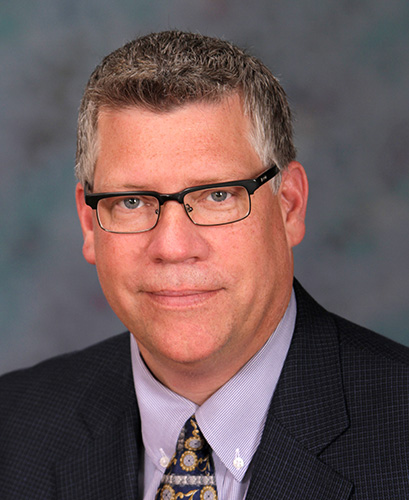Last week the Pew Research Center published findings regarding media consumption habits. It had a few things to say about of college-aged students. Specifically, it had some ideas about how and where you get news. The study is called, “12 Trends Shaping Digital News.” Maybe if somebody tweets you a link, you’ll read it. Here are a few things the research suggested along with some commentary from yours truly.
You don’t trust establishment journalism. You are more likely to trust the “fake” news reports by Jon Stewart and Steven Colbert. But, before you find yourselves leaning left, consider that you also favor non-traditional news sources found on aggregate news sites like the Drudge Report, even if you don’t mean to.
That’s because you don’t seek out news, per se. Rather, you get a tweet or some other form of digital communiqué from one of your social media pals that directs you to a news story. Never mind the news organization, it came from your bestie. So you read it, watch it and sometimes repost it.
Apparently, Pew rediscovered what media scholar Paul Lazersfeld already discovered back in the 1940’s. He called it the “two-step” flow of communication. It seems that we all have “opinion leaders” in our lives. These peeps have some influence over what we pay attention to and what we think of it. They are not all-purpose opinion leaders. It’s categorical. For example, you probably wouldn’t solicit your grandparent’s opinion regarding what apps run best on an iPhone 6. It may be prudent to ask them about some of life’s bigger decisions, though.
Meanwhile, everybody is talking out-loud on the Internet and some of them are our “friends.” And when our friends link to a news story that we repost that other friends see and so on, it’s described as going “viral.” And now we have a new form of news cycle.
Government is concerned about this. Really. :S (emoticon for sarcasm). If government were not concerned about this, then why the Critical Information Needs study proposed by the Federal Communications Commission? The FCC really cares that you get the information you need about important issues. They started with a survey and a pilot program placing government employees in broadcast newsrooms in Columbia, S.C. You can read about this in the online edition of the Washington Post. If nobody tweets you a link, then maybe you could Google it.
The FCC backed off the study, for now, citing a need to amend it after people started saying troublesome things about the First Amendment. Some malcontents objected to government employees monitoring newsrooms. :S
Still, it’s pretty telling to find out what they wanted to ask. The survey was aimed at 280 news organizations in order to assess the “news philosophy” of reporters, anchors and news managers. This is important stuff. After all, what if the government has critical information that we need to know? How would they ever go about telling us? For example, how would we know not to worry about Ebola but lose sleep over climate change? What we have here is a failure to communicate.
Part of the problem is that a few reporters seem to take an adversarial view of government. They paid attention back in journalism school when then were taught to question authority. One such person is former CBS reporter Sharyl Attkisson. She was so adversarial that she actually objected when she found out that her laptop computer was hacked by some of those high-level three-letter government agencies. Forensic examination of her computer revealed that during the hacks, some highly classified documents were stored deep in her operating system.
Sort of the functional equivalent of planting drugs on someone you want to arrest. It seems the press is not as free as it used to be. Yours truly learned at a recent American Bar Association conference that ongoing warrants require some large-market newspapers to report IP addresses of online readers who look at a crime stories. After all, the perpetrator may be among the readership.
So, the nature of journalism is changing. And government is trying to figure out how best to serve us in this new world of digital journalism. Bless their hearts. They have made lots of efforts. Eric Snowden told about some of them. Whatever shall they do?
Pew to the rescue! No, this is not a suggestion that Pew is in cahoots with the government. Nor does is suggest that it has anything to do with spying on reporters like Sharyl Attkisson. It means that the media consumption habits are easy to determine. Pew has done it for them. They know how to reach us.
Now if they could only figure out how to tell us what to think.
Column by Kevin Qualls, Professor of mass communications































































































